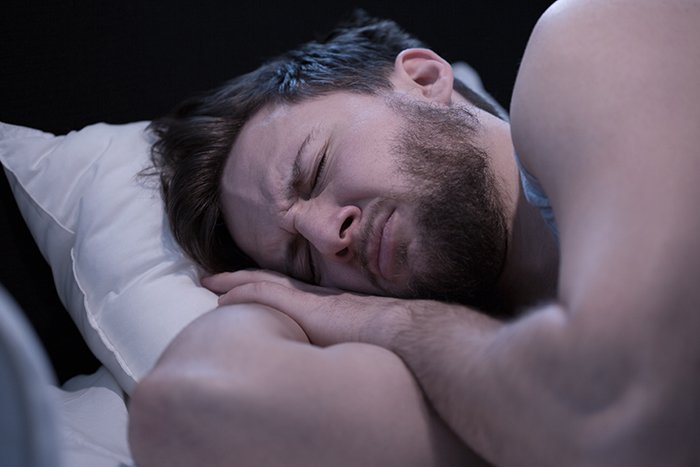According to a recent estimate, sleep disorders cost the US healthcare system about $95 billion per year and increase healthcare costs by 60%. When comparing people with sleep sicknesses like insomnia and sleep apnea to individuals without these symptoms, researchers found that the number of hospital visits and medications was almost doubled.
Each Year, Sleep Disorders Cost The US Healthcare System Almost $95 Billion
People who had sleep issues were much more prone to go to the emergency department and have much more serious complications. The study was presented in the Journal of Medical Sleep Medicine on May 10th. “Our numbers are definitely poor,” said researcher Dr. Neil Bhattacharyya, an ear, nose, and throat specialist at Massachusetts Eye and Ear Hospital in Boston.

“We understand there are a significant fraction of patients have not yet been diagnosed with a condition like restless legs syndrome, sleep apnea, or insomnia.” If we stay on this path as a society, the enormous pressure on the healthcare system will rise, affecting medical care for all, he stated in a clinic press release.
Dr. Neil and his associates looked at the disparities in health spending for 22,000 patients in the United States who had and didn’t have a sleep problem for the research. They discovered that about 6 percent of participants, or approximately 14 million people in the United States, had at minimum 1 sleep disorder.
However, since insomnia affects ten to twenty percent of the public, this figure is likely to be underestimated. When opposed to people who do not have a sleep problem, these people spend around $6,500 more per year on health insurance. People with sleep problems often have almost 16 appointments and almost 40 opioid prescriptions a year, compared to nearly 9 appointments and 22 prescripts for people who do not have sleeping sickness.
The researchers pointed out that non-health medical expenses such as time away from employment, education, and perhaps other social responsibilities, as well as reduced productivity related to symptoms, all add on to the expense.
Dr. Phillip Huyett, head of research from Mass Ear and Eye, said that the extent to which sleep problems raised costs, appointments, and medications were somewhat alarming, which shows that sleep problems and the consequences of poor quality of sleep could be undervalued.
Sleep disturbances may have a variety of negative effects on one’s health and quality of life. For example, people with some sleep disturbances have decreased daily functionality due to sleepiness, brain fog, and a higher risk of motor vehicle crashes.
Obstructive sleep apnea is a serious sleep disorder that, if left unchecked, can lead to neurocognitive problems like trouble focusing and mood disturbances, as well as health problems like heart problems, strokes, hypertension, and irregular heartbeats. Diagnosis and treatment as soon as you see signs of sleep disturbances will help you get on the road to recovery.
Huyett stated that, fortunately, research has shown that treating such sleep disturbances decreases healthcare use and costs. As a result, sleep problems must not be overlooked. A better understanding of sleep disturbances and prompt referral to a sleep expert is critical. Our sleep is vital, and if we are having trouble sleeping, we must seek help.
